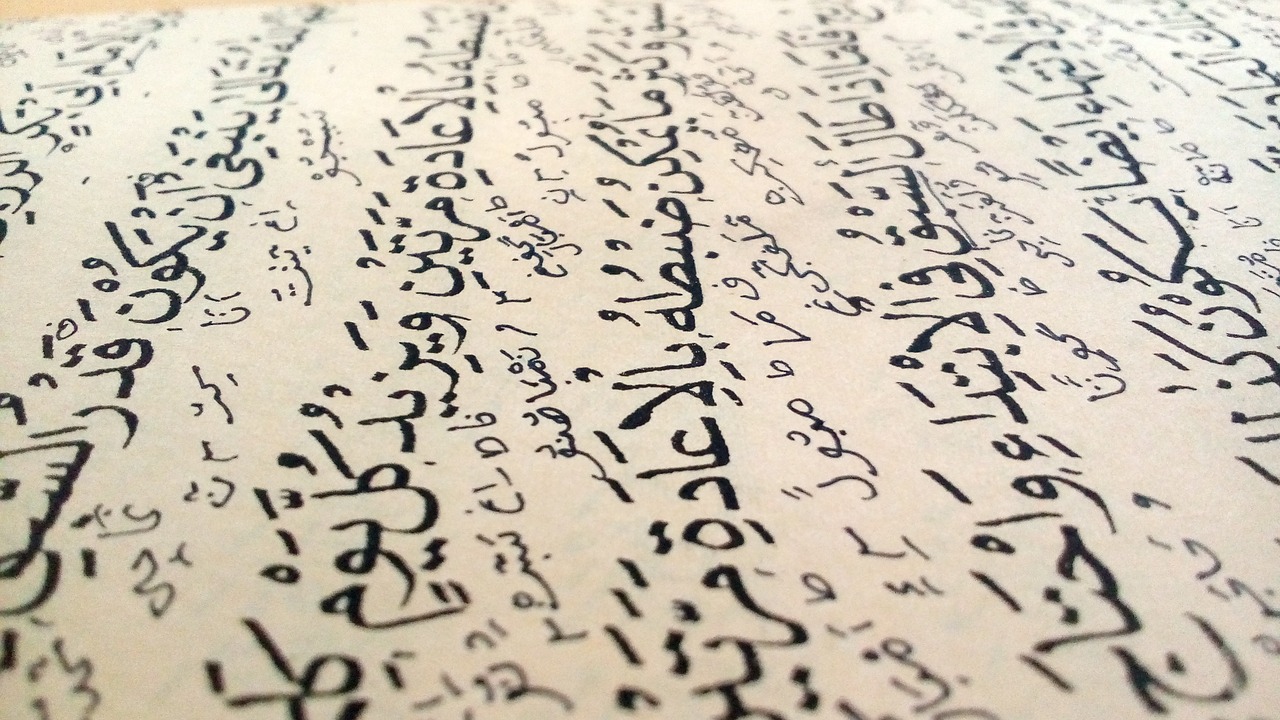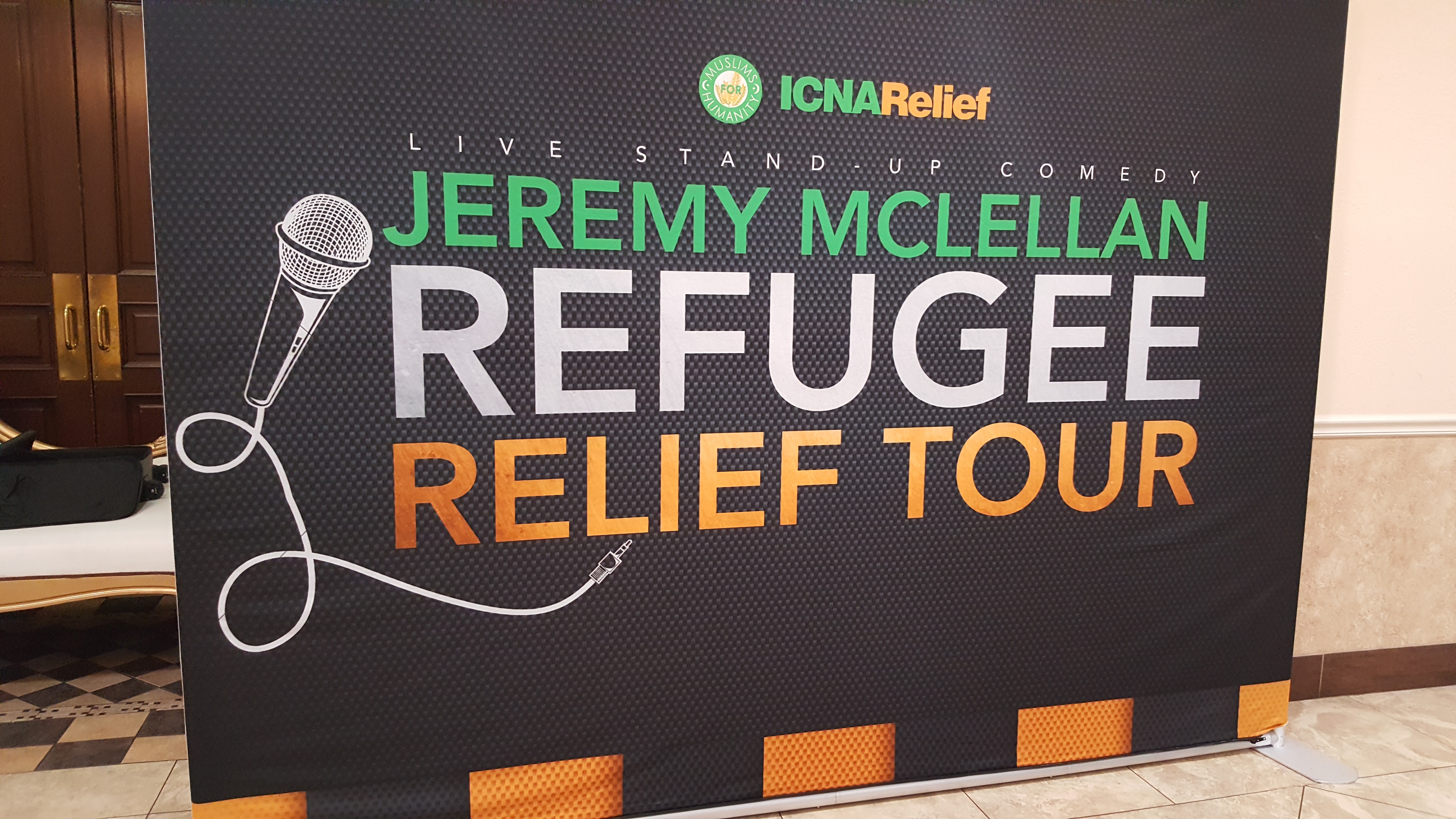Iranian Media React to N. Korean Nuclear Test
Courtesy New America Media, News Analysis, Behrouz Saba, Oct 11, 2006
Editor’s Note: Some reports suggest that Iranian media reacted positively to North Korean’s claim of a successful test of a nuclear device, but the Iranian government blasted such reports as mischaracterization. NAM writer Behrouz Saba looks at the Iranian media’s various reactions to the nuclear test. Saba is a Los Angeles-based writer and a native of Iran.
The eyes of world news media quickly turned to Iran following North Korea’s claim that it detonated a nuclear device, probing the Islamic state’s reaction to the apparent atomic test. Some Western media claimed the Iranian government and media reacted with approval, but a closer look reveals a diversity of responses.
“State-run Iranian television has gone into huge detail about the achievements of the North Koreans, producing maps and diagrams,†the BBC announced in a world roundup about the test. “The tone is clearly congratulatory and there’s considerable excitement.â€
No Iranian official has condemned North Korea for the test. But the Iranian government, as reported by the Islamic Republic News Agency (IRNA), did not hesitate to express its outrage at the BBC report, instructing its London embassy to sharply protest the news agency’s “congratulatory†characterization and repeating Iran’s declared opposition to nuclear weapons.
Welcome to the new version of MAD — Mutually Assured Denunciations — as the Iranian government, its media and people react to the North Korean developments at a time when Iran itself is under international pressure to curtail its own uranium enrichment program as a possible prelude to becoming the world’s next nuclear power.
Representatives of six major powers who have engaged Iran in long and largely fruitless negotiations about its nuclear program have once again raised the possibility of U.N. sanctions against Iran. Yet their threats sound more hollow than ever, since the Security Council finds itself with precious little means to punish North Korea for its far more brazen act.
Iran’s spiritual leader, Ayatollah Ali Khamenei, didn’t miss a beat to capitalize on what he clearly perceives as a stronger Iranian position in the wake of the North Korean test. Meeting with the country’s military leaders on Tuesday, as quoted by IRNA, he commented about Iran’s enrichment activities, “If we hadn’t experimented in that way, today we would be admonishing ourselves for not having done so. Yet now we move ahead with confidence and complete control, and no one can present an acceptable reason why the country’s nuclear direction is wrong.â€
Jomhuri Islami (Islamic Republic), a staunchly pro-cleric daily, quoted a government spokesman as saying, “The Islamic Republic has repeatedly expressed its opposition to the proliferation of nuclear weapons.â€
It continued to quote indirectly the spokesman, who said that oppressive powers such as America should start nuclear disarmament at home, and that in the Middle East, disarmament should begin with the Zionist regime (as Israel is often called by Iranian rulers).
The daily Entekhab (Election), an independent, moderate newspaper that has survived a recent spate of governmental bans on similar publications, provided a more objective, yet pointed, information.
“America, which for the first time detonated its nuclear bombs over Hiroshima and Nagasaki in August of 1945, comes in first among the nuclear club’s members with 1,032 tests. Russia with 715 tests is in the second position and France comes in third with 210 tests.â€
Jamejam, a progressive online Iranian daily, quoted French Foreign Ministry spokesman Jean-Baptiste Mattei, who said, “The nuclear files of Iran and North Korea are two separate items and these two countries are different from each other…One says it wants a non-military nuclear program and the other is after military use…The two files should be examined separately.â€
Yet the BBC–which Iranians tend to blame for many of their woes, including the Islamic revolution, and which just announced plans to launch a Farsi television service by 2008–still managed to reflect the range of opinions among ordinary Iranians about the North Korean test by offering scores of comments e-mailed to its Farsi Web site.
“I don’t think it’s America’s or any other country’s business what North Korea is doing. If America gives itself the permission to interfere in the affairs of other countries, then other countries have the right to interfere in its affairs,†wrote Mehdi from Tehran.
Morteza wrote from Dizul near the Iraqi border, “Unfortunately whatever is the result of the test, it will ostensibly harm all countries and people.â€
From neighboring Afghanistan, Seyyed Morteza Aman saw the United States as a kind of hypocritical father figure.
“This is just like a father who eagerly and with great pleasure smokes in the house in front of his young son,†Aman wrote, “but tells him that this is not the right thing to do and he should never try it and should he do so, he will be severely punished.â€
8-43













2006
792 views
views
0
comments